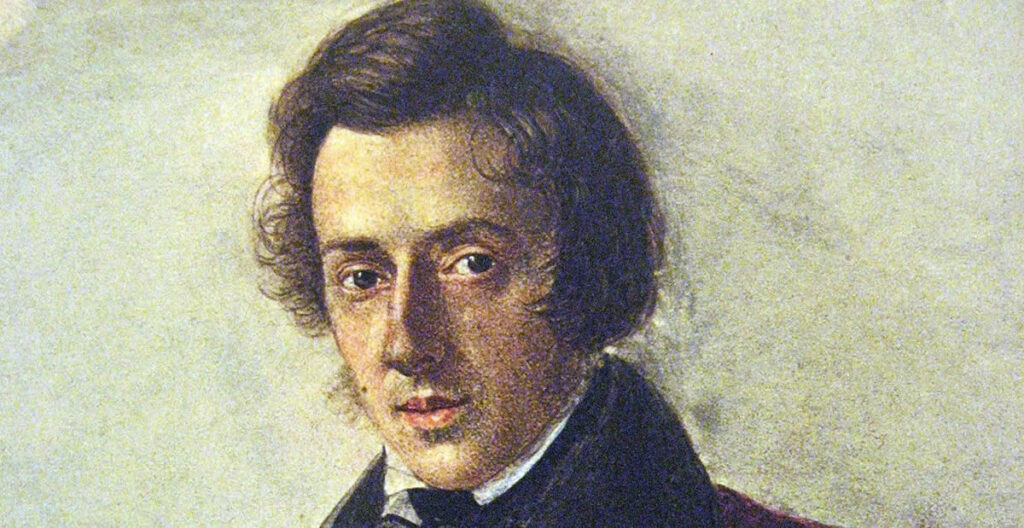Frédéric Chopin remains one of the most celebrated and influential composers of the Romantic era, renowned for his virtuosic piano compositions that continue to captivate audiences worldwide. Born on March 1, 1810, in Żelazowa Wola, Poland, he demonstrated extraordinary musical talent from an early age.
Chopin’s musical education began under the guidance of his mother, who was herself a competent pianist. By the age of six, he was already composing his own music, and by seven, he was performing in public. Recognizing his prodigious talent, his family enrolled him in the Warsaw Conservatory, where he studied piano with the renowned pianist Wojciech Żywny and music theory with Józef Elsner.
In his late teens, Chopin emerged as a leading figure in Warsaw’s musical circles, captivating audiences with his emotive playing and innovative compositions. However, political unrest in Poland prompted Chopin to leave his homeland in 1830, settling in Paris, the cultural capital of Europe at the time.
Paris proved to be a fertile ground for Chopin’s artistic development. He quickly established himself as a prominent figure in the city’s musical scene, earning the admiration of fellow composers, performers, and patrons alike. His compositions, characterized by their expressive melodies, rich harmonies, and delicate pianistic textures, garnered widespread acclaim.
Chopin’s music often drew inspiration from Polish folk traditions, imbuing it with a distinctive national identity. Yet, it also reflected the broader Romantic ideals of individual expression and emotional depth. His works, which include nocturnes, etudes, preludes, ballades, and mazurkas, among others, are celebrated for their technical brilliance and profound emotional resonance.
Beyond his accomplishments as a composer, Chopin was revered as a pianist of exceptional skill and sensitivity. His performances were renowned for their poetic interpretation, exquisite phrasing, and intimate expressiveness, earning him the admiration of audiences across Europe.
However, Chopin’s life was not without its struggles. He battled poor health throughout his adult life, suffering from tuberculosis, which ultimately contributed to his premature death. Despite his declining health, he continued to compose and perform until the end, leaving behind a remarkable legacy that continues to inspire generations of musicians and music lovers.
Frédéric Chopin passed away on October 17, 1849, at the age of just 39. His music, revered for its beauty, emotional depth, and technical innovation, remains a cornerstone of the classical piano repertoire and a testament to the enduring power of artistic expression. Today, Chopin’s compositions continue to be studied, performed, and cherished by musicians and audiences worldwide, ensuring his place among the greatest composers in the history of Western music.


Comments are closed